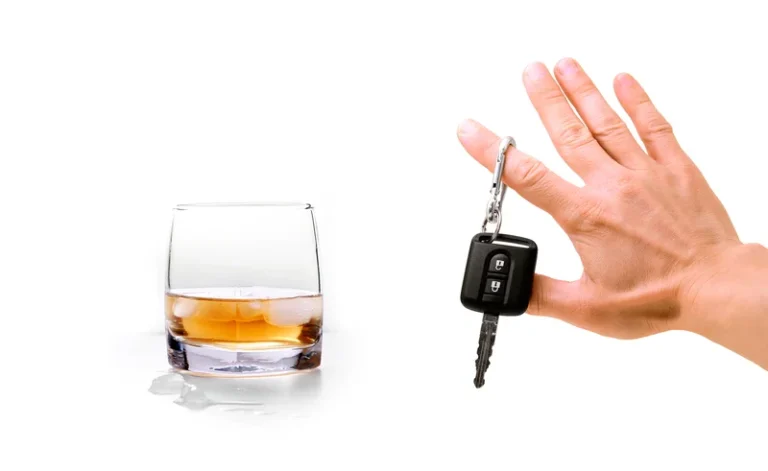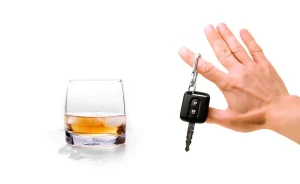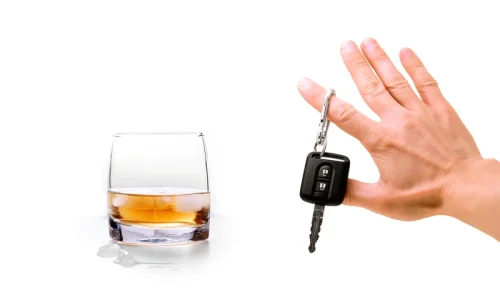
It is more or less about families staying in their uncomfortable comfort zone. Acting out of fear rather than doing what you know is correct – Most people do not intervene due to the fear of the unknown. This fear is what will happen to them if they say no and even more https://ecosoberhouse.com/ so if they say yes.

Possible consequences

Three days after the intervention, the family is screaming at us that their loved one just called with a laundry list of complaints about the facility, and what they are saying is 100% true. Families just can’t let go of those reactions and find it impossible to detach. Psychotherapist Jodi White has a podcast called “Journals of a Love Addict,“ which explores her own experiences of codependency. You can also check out Co-Dependents Anonymous if you want to learn more about codependency and codependent relationships. “A relapse to many people seems like something somebody chose.” But just like you wouldn’t blame a loved one whose brain cancer returned, it’s not fair to point the finger at someone who relapses, he explains.

Mental health benefits of detachment
- For example, if your loved one passes out in the yard and you carefully help them into the house and into bed, only you feel the pain.
- It is your responsibility to recognize and “own” your unhelpful behaviors, and to get professional help in doing this if necessary.
- Also, if these are other people who are trying get and stay healthy, they are actually helping their own recovery by being of service to you.
- Other consequences may include the onset of severe emotional pain following a breakup.
- But such stories are simply not representative of the entire community.
- Lean on the people around you, and, if you need to, reach out to a mental health professional to speak about your stress and what you’re going through.
Addiction not only involves the individual suffering from the substance use disorder, but their partner, their family, and their friends as well. When those who love people with any type of addictive behavior finally reach out for help, they have usually been dealing with their situation for a long time. If you have been waiting to see whether things would get better without professional help, please consider when you love an addict getting help NOW, before things become even worse. Ask yourself the question “How would my life be better if I wasn’t consumed by behaviors that enable my loved one?
- Instead, focus on what matters most to you and consider how you can take care of yourself.
- These comments can result in lasting damage to a child’s psyche.
- Loving someone with substance use disorder can be traumatic.
- Living in the moment doesn’t deplete your resources the way that living in the past tends to do.
Don’t Enable Their Behavior
Loving someone with substance use disorder can be traumatic. It can be easy to get so caught up in helping them that you discount your own pain in the process. Substance use disorder may sometimes impact a person to the point of risking their job or housing. It may feel impossible to refuse to help a loved one in this situation. When it comes to substance use disorder, detachment may involve setting clear boundaries and ceasing to take responsibility for someone else’s behavior. Ultimately, treatment and recovery is an individual decision.

People with an addiction think they’re in control.
A 12-step program, such as CoDA, can be a structured way to bring your focus from the other person to yourself in a group setting. When you become codependent on a loved one, you might lose a sense of your own needs and emotions. In turn, your partner often begins to rely more heavily on you. I think what people are often seeking is an opportunity to rebuild that trust,” Dr. Mooney says.
Truths If Someone You Love Is Addicted

Here are a few possible treatments for love addiction that may support your recovery. Healthcare providers diagnose and treat this issue similarly to other forms of addiction, generally with therapy. Like other aspects of the condition, psychotherapy’s effectiveness for love addiction hasn’t been studied in depth.
